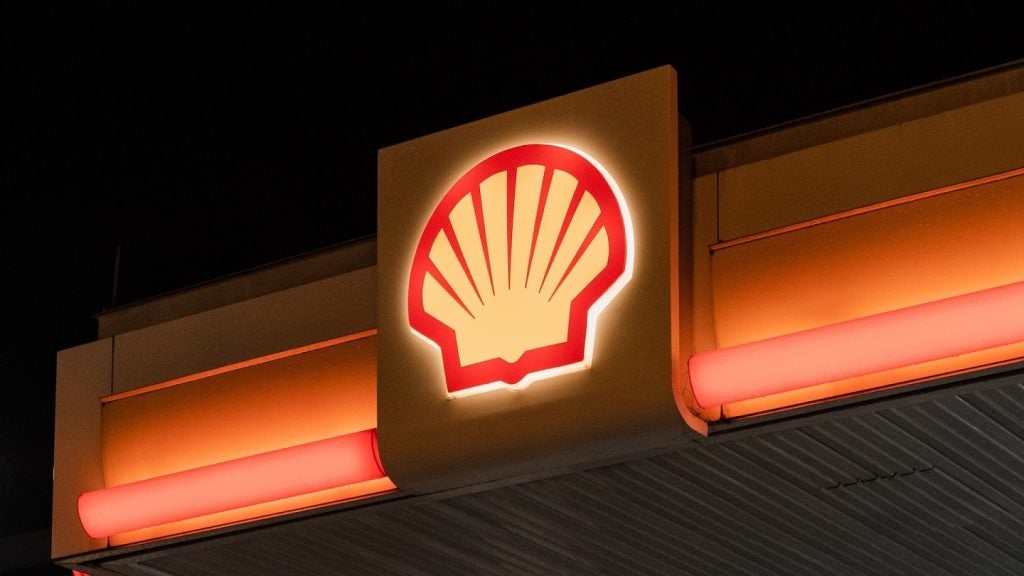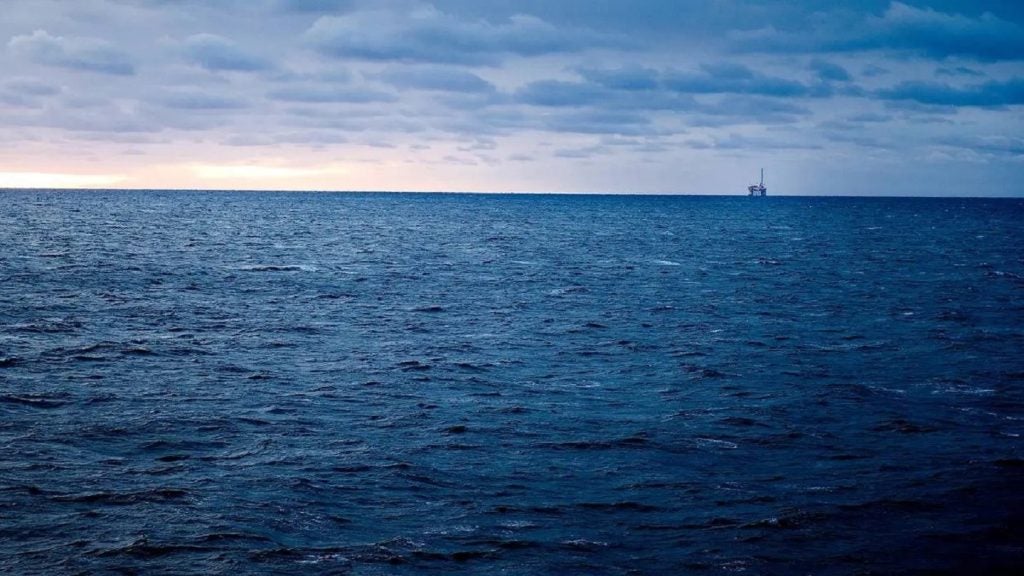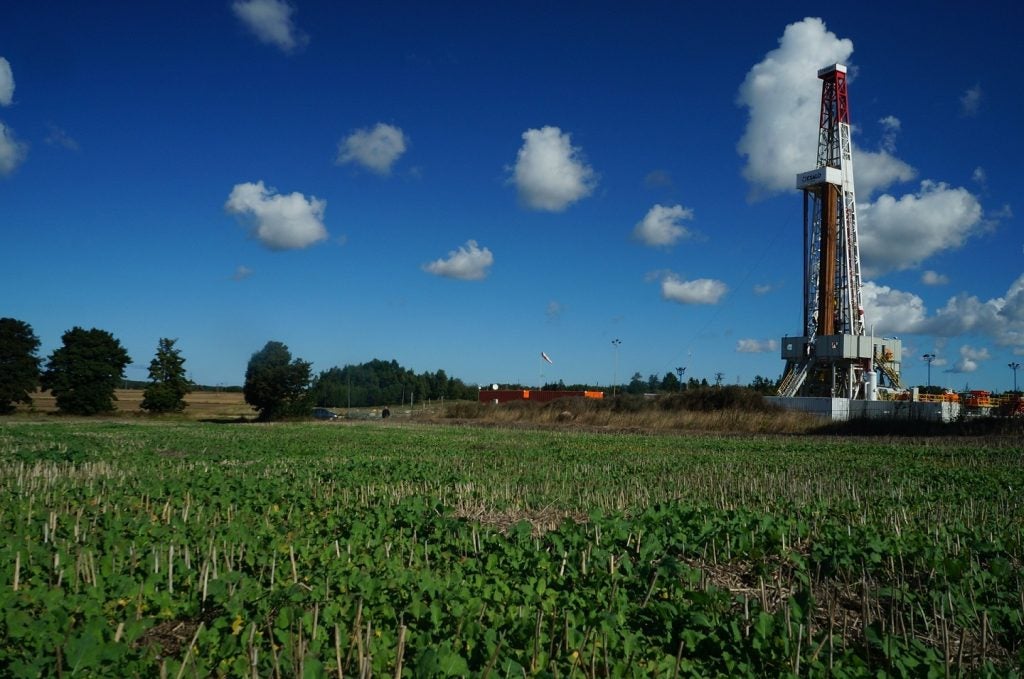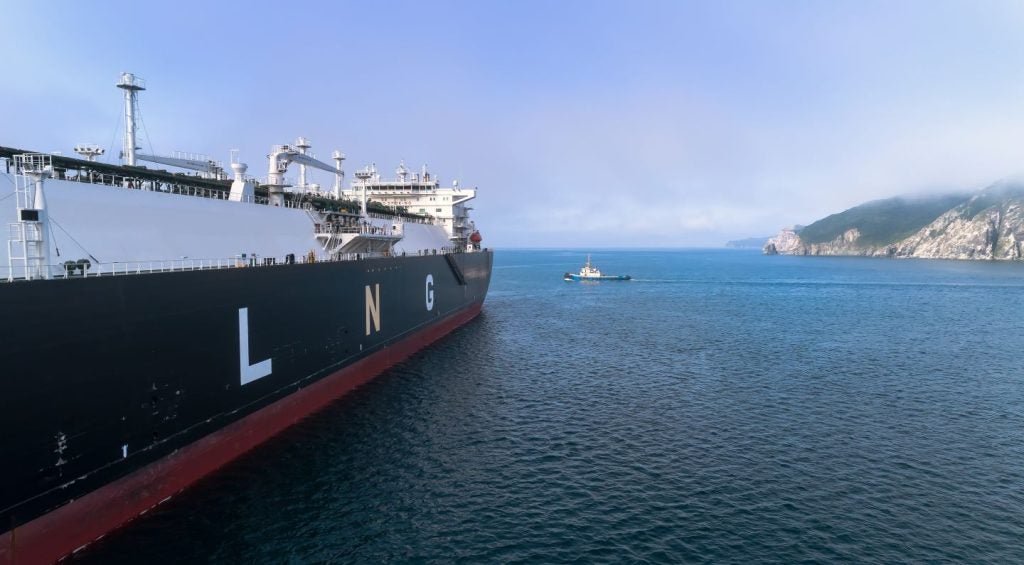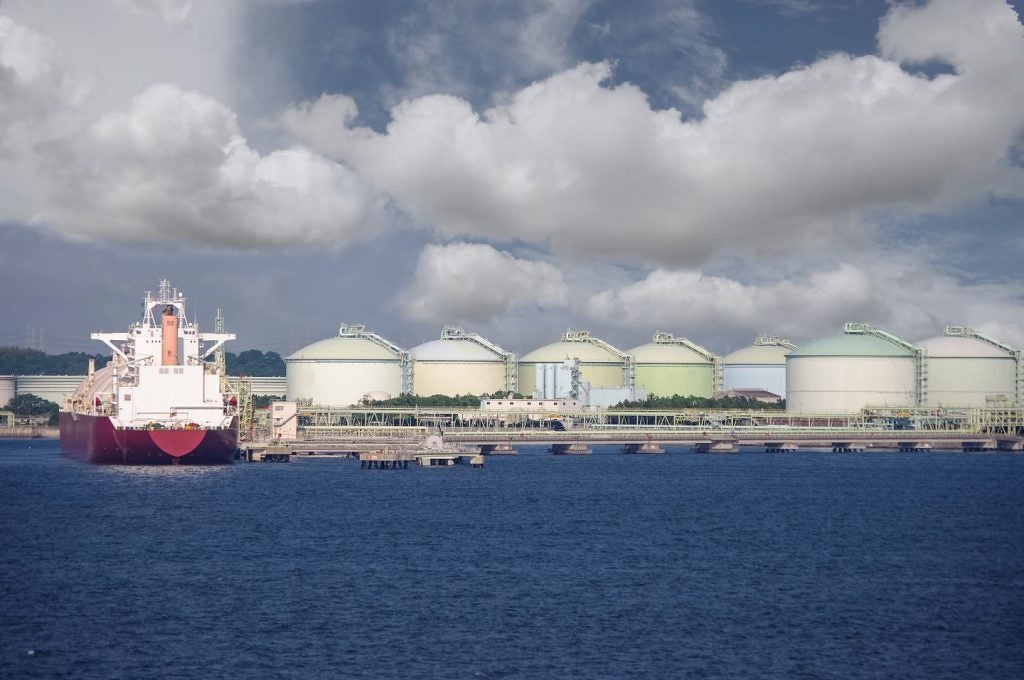Talks for a licence for Shell and NGC to operate a gas field in Venezuela have hit a roadblock due to a disagreement, reported Reuters, citing sources.
Venezuelan state-owned oil and gas company Petroleos de Venezuela (PDVSA) and Shell are unable to reach an agreement on the outlook of liquefied natural gas (LNG) prices.
With the licence, Shell and NGC will be able to develop the Dragon offshore natural gas field.
Situated along the maritime border between Venezuela and Trinidad and Tobago, the gas field is thought to contain up to 4.2tcf of gas.
Production from the Dragon project was supposed to begin more than ten years ago. However, it was delayed by US sanctions, as well as due to a lack of funding.
"The Venezuelan government has made it clear to Trinidad and Tobago that the license will not be issued to Shell and NGC unless Shell and PDVSA come to an agreement on future LNG prices," sources told the publication.
Shell has projected soft LNG prices until 2050, the sources said.
Venezuela has argued that numerous analysts have said that LNG prices at Europe's TTF [Title Transfer Facility] and Asia's JKM [Japan-Korea-Marker] are expected to stay high in the long run, they added.
Requests for responses from Shell, NGC, PDVSA and the energy ministry of Trinidad were not immediately answered, the publication said.
At a conference last week, Trinidad and Tobago Prime Minister Keith Rowley discussed concerns regarding the Dragon agreement.
Without providing additional details, Rowley stated that the country was not "putting all its eggs in one basket".
The 25-year period licence in question will enable the supply of 300 million cubic feet per day (mcfd) of Venezuelan gas to Trinidad and Tobago for production of LNG.
It also includes a supply of an additional 50mcfd to petrochemical plants.
After agreeing to the principal conditions and obtaining US authorisation in January, the parties had initially intended for the licence to be issued by the end of December 2023.
As per the current plan, Shell will be the operator with a 70% stake and NGC will control the remaining 30% stake.


